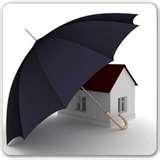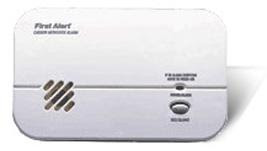Tricks to Making Snow Shoveling Less Miserable

If you’re a homeowner in a snowy climate, chances are good that you dread shoveling snow in the winter. B arring a move to a snow-free state or barricading your family inside all winter, there’s no way to avoid the endless task of shoveling snow. There are, however, ways to make the process much easier. Here are four simple hacks to make the morning after a snowfall much less stressful. #1 Spray Your Shovel with Cooking Oil Snow sticking to your shovel makes an already arduous task even more obnoxious. Avoid it with this hack: Lightly coat your shovel with nonstick cooking oil to make the snow slide right off. No more time wasted removing snow from your snow remover. (You can substitute a spray lubricant like WD-40, but the downside is it’s toxic.) #2 Lay Out a Tarp Before the Snow If you like shortcuts, this technique has your name on it! The day before an expected snowfall, lay a tarp on your walkway. When the snow finishes falling, just pull out the tarp, and voilà:...














